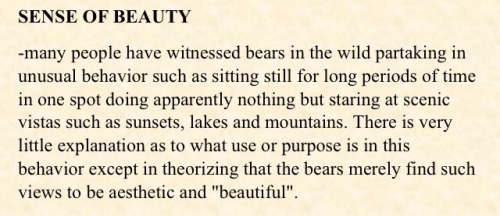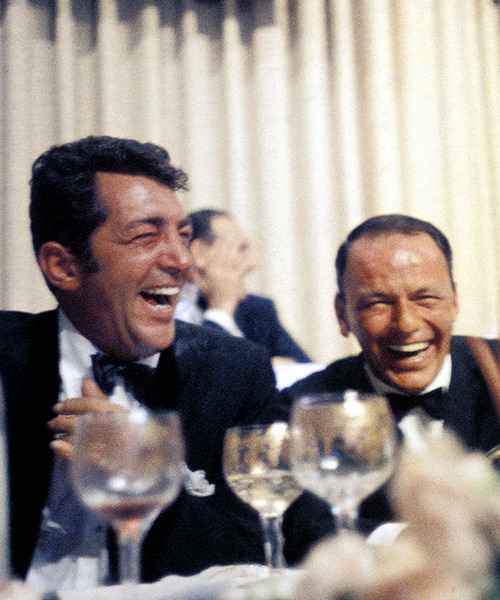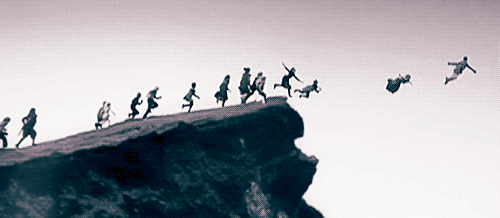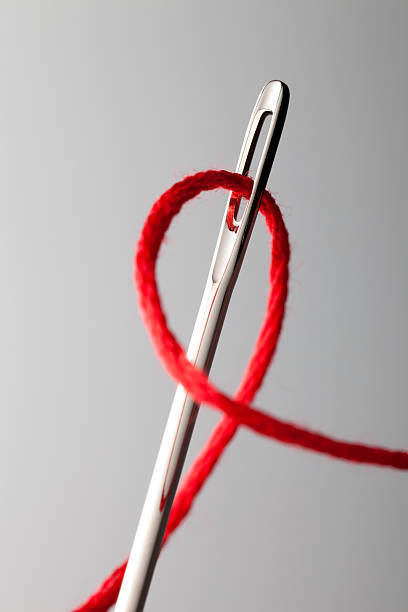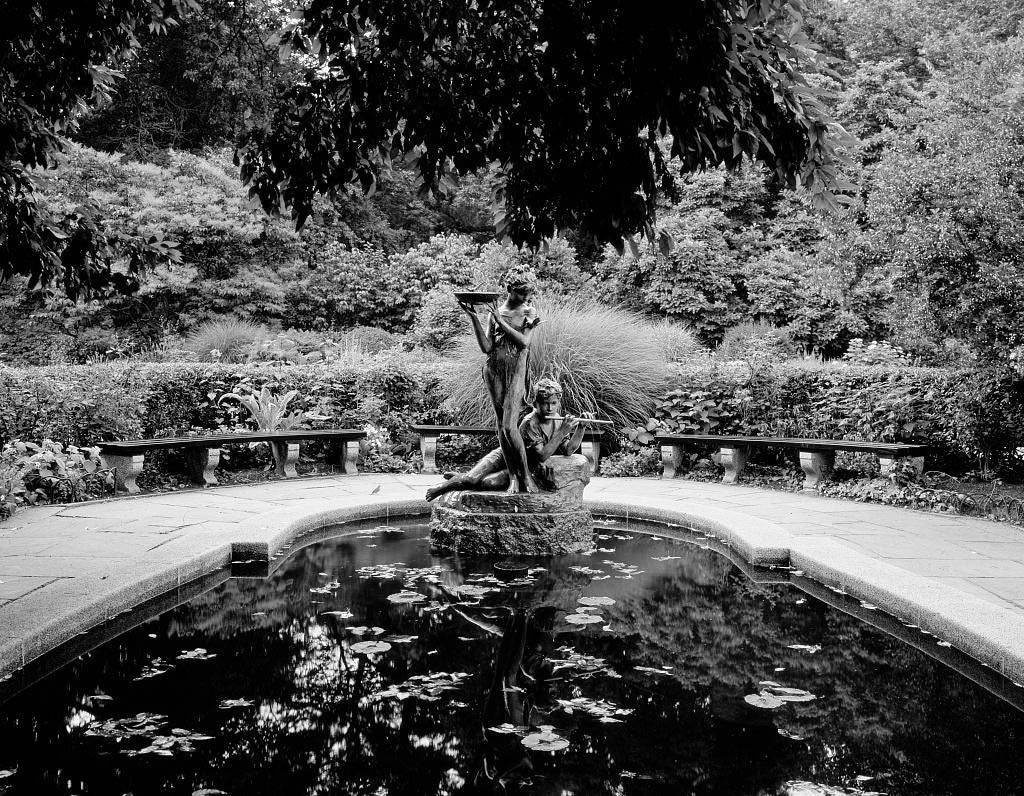30 September 2017
29 September 2017
28 September 2017
Piero.
Piero, Liberation of Andromeda (detail), 1513
He could not stand babies crying, men coughing, bells ringing, or friars chanting ...
Still.
Hoyt Library, Saginaw, Michigan, 1908
The STONY GARDEN
The stony garden of the spirit grows
The stony garden of the spirit grows
Things never harvested in ordered rows.
Time had no home in me.
Sometimes when the leaves in the elm gather the last of light,
The eternal seems to come near me:
The evening wind ruffles the smallest puddles.
A stranger without a shadow moves in the old garden.
Bring me, long ghost, another chance of light:
I'm waiting for the winter up my sleeve.
The dried stalks, the shrunken
Ends of stems,
Once lively and light
In the white air,
In the far field where
The goldfinches swung,
Perched sideways
When the buds came out,
Pink and naked as young mice...
How else? 0 it's all heeded: I'm strung-up on strings, a mangy
chrysanthemum head, scraggly, hunting the sun ...
This earth gray with death-sweated and dead:
All pocked and pitted like cheap cement,
Broken to crusts; worm-riddled, blossomless --
Heaves here; only a stink of stalks. Hear
The cold scrapes of a hoe as we dig out
The corners of benches; empty these tables
Of humps and gourds ...
You whips of air:
I knew with what I staggered: I was crazed
Into a meaning more profound than what my fathers heard,
Those listening bearded men
Who cut the ground with hoes; and made with hands
An order out of muck and sand. Those Prussian men
Who hated uniforms.
Deep in their roots, all flowers keep the light.
What love-stirs! What loops and ropes of blossom! Seed-skins kissed by the sun! The faint horns uncurling! Bugs skimming through the oblique sunshafts!
And a song! Two songs, one outward, one inward
Echoing on each side of the glass,
One balanced on the edge of a wind-vent;
Another within, each singing things of the spirit,
This breathing, all upward, from leaves shining, wet,
The men wheeling in new dirt, their wheelbarrows creaking,
The sweat flashing on their faces, their palms wet,
Their palm-sweat flashing gold:
The day bright with its whiteness,
Those seeds in the next house already humping up dirt,
Heavy and hot. The bushels whisking past, that flip-flap fa
miliar, --
I was more than child when I saw this,
And time was immediate.
Something more asks me now:
See deeper than this:
That was a bright dancing of shapes
Before the pits, the sour lakes~ of the self,
Those times when alone I spoke to the wall.
New motions began in me, there in the filth,
But I came back, still with my blood.
All myself, too happy to ask
Why I was not struck down: haunting the shade,
I held my heart.
So the soul longs for its home.
The things of earth
Fly from us in the lightest wind. Do we
Dissolve, you deepest delvers of the skin? How
Chaste the nakedness when nature faces us:
A cold particular bulk of porous bone.
In all those bones a love was crying out.
I never heard it then; I hear them now,
The words I never gave to a dying man ...
How far's my father now?
Where has he gone, soft ears?
Tell me now. How far?
The sheep can't shear themselves.
Alone, alone, my cold ghost says.
Waking over, I went with the wind,
Praying with water:
My heels had been sleeping:
The brushing leaves kissed past my ears ...
Sway, flowers, leaning like reeds in a wave,
More motionable than insects.
The morning-glitter!
Caressive green waves, under foamings of color,
The cold shall not touch you . ..
Shaken loose, like milkweed on the wind,
Sure of its crevice,
Or the root of a blackened stem, still linked with life.
Still air, still; almost noon.
The leaves dry on the trellis.
Will the green slime take fire, the slime on the benches?
This soil is past itself, half-gray, half-green ...
The harp of the self stills.
Blue air, breathe on these nerves
Heat from the roses.
My hands are among blossoms,
Motion has narrowed,
My fingers natural.
Holding these, what do I hold?
More than a mold's kiss
Lifted into starlight,
Brought to this morning-shape.
My self breathes in these:
Star-flower, portal into the night,
Breathing brighter than water,
The twilight cannot whelm you.
Theodore Roethke
Connected.
Strange is our situation here upon earth. Each of us comes for a short visit, not knowing why, yet sometimes seeming to divine a purpose.
From the standpoint of daily life, however, there is one thing we do know: that man is here for the sake of other men —above all for those upon whose smile and well-being our own happiness depends, and also for the countless unknown souls with whose fate we are connected by a bond of sympathy. Many times a day I realize how much my own outer and inner life is built upon the labors of my fellowmen, both living and dead, and how earnestly I must exert myself in order to give in return as much as I have received. My peace of mind is often troubled by the depressing sense that I have borrowed too heavily from the work of other men.
I do not believe we can have any freedom at all in the philosophical sense, for we act not only under external compulsion but also by inner necessity. Schopenhauer’s saying— “A man can surely do what he wills to do, but he cannot determine what he wills”—impressed itself upon me in youth and has always consoled me when I have witnessed or suffered life’s hardships. This conviction is a perpetual breeder of tolerance, for it does not allow us to take ourselves or others too seriously; it makes rather for a sense of humor.
To ponder interminably over the reason for one’s own existence or the meaning of life in general seems to me, from an objective point of view, to be sheer folly. And yet everyone holds certain ideals by which he guides his aspiration and his judgment. The ideals which have always shone before me and filled me with the joy of living are goodness, beauty, and truth. To make a goal of comfort or happiness has never appealed to me; a system of ethics built on this basis would be sufficient only for a herd of cattle.
Without the sense of collaborating with like-minded beings in the pursuit of the ever unattainable in art and scientific research, my life would have been empty. Ever since childhood I have scorned the commonplace limits so often set upon human ambition. Possessions, outward success, publicity, luxury—to me these have always been contemptible. I believe that a simple and unassuming manner of life is best for everyone, best both for the body and the mind.
My passionate interest in social justice and social responsibility has always stood in curious contrast to a marked lack of desire for direct association with men and women. I am a horse for single harness, not cut out for tandem or teamwork. I have never belonged wholeheartedly to country or state, to my circle of friends, or even to my own family. These ties have always been accompanied by a vague aloofness, and the wish to withdraw into myself increases with the years.
Such isolation is sometimes bitter, but I do not regret being cut off from the understanding and sympathy of other men. I lose something by it, to be sure, but I am compensated for it in being rendered independent of the customs, opinions, and prejudices of others, and am not tempted to rest my peace of mind upon such shifting foundations.
My political ideal is democracy. Everyone should be respected as an individual, but no one idolized. It is an irony of fate that I should have been showered with so much uncalled for and unmerited admiration and esteem. Perhaps this adulation springs from the unfulfilled wish of the multitude to comprehend the few ideas which I, with my weak powers, have advanced.
Full well do I know that in order to attain any definite goal it is imperative that one person should do the thinking and commanding and carry most of the responsibility. But those who are led should not be driven, and they should be allowed to choose their leader.
It seems to me that the distinctions separating the social classes are false; in the last analysis they rest on force. I am convinced that degeneracy follows every autocratic system of violence, for violence inevitably attracts moral inferiors. Time has proved that illustrious tyrants are succeeded by scoundrels.
For this reason I have always been passionately opposed to such regimes as exist in Russia and Italy today. The thing which has discredited the European forms of democracy is not the basic theory of democracy itself, which some say is at fault, but the instability of our political leadership, as well as the impersonal character of party alignments.
I believe that those in the United States have hit upon the right idea. A President is chosen for a reasonable length of time and enough power is given him to acquit himself properly of his responsibilities. In the German Government, on the other hand, I like the state’s more extensive care of the individual when he is ill or unemployed. What is truly valuable in our bustle of life is not the nation, I should say, but the creative and impressionable individuality, the personality —he who produces the noble and sublime while the common herd remains dull in thought and insensible in feeling.
This subject brings me to that vilest offspring of the herd mind—the odious militia. The man who enjoys marching in line and file to the strains of music falls below my contempt; he received his great brain by mistake—the spinal cord would have been amply sufficient. This heroism at command, this senseless violence, this accursed bombast of patriotism—how intensely I despise them! War is low and despicable, and I had rather be smitten to shreds than participate in such doings.
Such a stain on humanity should be erased without delay. I think well enough of human nature to believe that it would have been wiped out long ago had not the common sense of nations been systematically corrupted through school and press for business and political reasons.
The most beautiful thing we can experience is the mysterious. It is the source of all true art and science. He to whom this emotion is a stranger, who can no longer pause to wonder and stand rapt in awe, is as good as dead: his eyes are closed. This insight into the mystery of life, coupled though it be with fear, has also given rise to religion. To know that what is impenetrable to us really exists, manifesting itself as the highest wisdom and the most radiant beauty which our dull faculties can comprehend only in their most primitive forms— this knowledge, this feeling, is at the center of true religiousness. In this sense, and in this sense only, I belong in the ranks of devoutly religious men.
I cannot imagine a God who rewards and punishes the objects of his creation, whose purposes are modeled after our own—a God, in short, who is but a reflection of human frailty. Neither can I believe that the individual survives the death of his body, although feeble souls harbor such thoughts through fear or ridiculous egotism.
It is enough for me to contemplate the mystery of conscious life perpetuating itself through all eternity, to reflect upon the marvelous structure of the universe which we can dimly perceive, and to try humbly to comprehend even an infinitesimal part of the intelligence manifested in nature.
Albert Einstein
From the standpoint of daily life, however, there is one thing we do know: that man is here for the sake of other men —above all for those upon whose smile and well-being our own happiness depends, and also for the countless unknown souls with whose fate we are connected by a bond of sympathy. Many times a day I realize how much my own outer and inner life is built upon the labors of my fellowmen, both living and dead, and how earnestly I must exert myself in order to give in return as much as I have received. My peace of mind is often troubled by the depressing sense that I have borrowed too heavily from the work of other men.
I do not believe we can have any freedom at all in the philosophical sense, for we act not only under external compulsion but also by inner necessity. Schopenhauer’s saying— “A man can surely do what he wills to do, but he cannot determine what he wills”—impressed itself upon me in youth and has always consoled me when I have witnessed or suffered life’s hardships. This conviction is a perpetual breeder of tolerance, for it does not allow us to take ourselves or others too seriously; it makes rather for a sense of humor.
To ponder interminably over the reason for one’s own existence or the meaning of life in general seems to me, from an objective point of view, to be sheer folly. And yet everyone holds certain ideals by which he guides his aspiration and his judgment. The ideals which have always shone before me and filled me with the joy of living are goodness, beauty, and truth. To make a goal of comfort or happiness has never appealed to me; a system of ethics built on this basis would be sufficient only for a herd of cattle.
Without the sense of collaborating with like-minded beings in the pursuit of the ever unattainable in art and scientific research, my life would have been empty. Ever since childhood I have scorned the commonplace limits so often set upon human ambition. Possessions, outward success, publicity, luxury—to me these have always been contemptible. I believe that a simple and unassuming manner of life is best for everyone, best both for the body and the mind.
My passionate interest in social justice and social responsibility has always stood in curious contrast to a marked lack of desire for direct association with men and women. I am a horse for single harness, not cut out for tandem or teamwork. I have never belonged wholeheartedly to country or state, to my circle of friends, or even to my own family. These ties have always been accompanied by a vague aloofness, and the wish to withdraw into myself increases with the years.
Such isolation is sometimes bitter, but I do not regret being cut off from the understanding and sympathy of other men. I lose something by it, to be sure, but I am compensated for it in being rendered independent of the customs, opinions, and prejudices of others, and am not tempted to rest my peace of mind upon such shifting foundations.
My political ideal is democracy. Everyone should be respected as an individual, but no one idolized. It is an irony of fate that I should have been showered with so much uncalled for and unmerited admiration and esteem. Perhaps this adulation springs from the unfulfilled wish of the multitude to comprehend the few ideas which I, with my weak powers, have advanced.
Full well do I know that in order to attain any definite goal it is imperative that one person should do the thinking and commanding and carry most of the responsibility. But those who are led should not be driven, and they should be allowed to choose their leader.
It seems to me that the distinctions separating the social classes are false; in the last analysis they rest on force. I am convinced that degeneracy follows every autocratic system of violence, for violence inevitably attracts moral inferiors. Time has proved that illustrious tyrants are succeeded by scoundrels.
For this reason I have always been passionately opposed to such regimes as exist in Russia and Italy today. The thing which has discredited the European forms of democracy is not the basic theory of democracy itself, which some say is at fault, but the instability of our political leadership, as well as the impersonal character of party alignments.
I believe that those in the United States have hit upon the right idea. A President is chosen for a reasonable length of time and enough power is given him to acquit himself properly of his responsibilities. In the German Government, on the other hand, I like the state’s more extensive care of the individual when he is ill or unemployed. What is truly valuable in our bustle of life is not the nation, I should say, but the creative and impressionable individuality, the personality —he who produces the noble and sublime while the common herd remains dull in thought and insensible in feeling.
This subject brings me to that vilest offspring of the herd mind—the odious militia. The man who enjoys marching in line and file to the strains of music falls below my contempt; he received his great brain by mistake—the spinal cord would have been amply sufficient. This heroism at command, this senseless violence, this accursed bombast of patriotism—how intensely I despise them! War is low and despicable, and I had rather be smitten to shreds than participate in such doings.
Such a stain on humanity should be erased without delay. I think well enough of human nature to believe that it would have been wiped out long ago had not the common sense of nations been systematically corrupted through school and press for business and political reasons.
The most beautiful thing we can experience is the mysterious. It is the source of all true art and science. He to whom this emotion is a stranger, who can no longer pause to wonder and stand rapt in awe, is as good as dead: his eyes are closed. This insight into the mystery of life, coupled though it be with fear, has also given rise to religion. To know that what is impenetrable to us really exists, manifesting itself as the highest wisdom and the most radiant beauty which our dull faculties can comprehend only in their most primitive forms— this knowledge, this feeling, is at the center of true religiousness. In this sense, and in this sense only, I belong in the ranks of devoutly religious men.
I cannot imagine a God who rewards and punishes the objects of his creation, whose purposes are modeled after our own—a God, in short, who is but a reflection of human frailty. Neither can I believe that the individual survives the death of his body, although feeble souls harbor such thoughts through fear or ridiculous egotism.
It is enough for me to contemplate the mystery of conscious life perpetuating itself through all eternity, to reflect upon the marvelous structure of the universe which we can dimly perceive, and to try humbly to comprehend even an infinitesimal part of the intelligence manifested in nature.
Albert Einstein
Air.
As from the house your mother sees
You playing round the garden trees,
So you may see, if you will look
Through the windows of this book,
Another child, far, far away,
And in another garden, play.
But do not think you can at all,
By knocking on the window, call
That child to hear you. He intent
Is all on his play-business bent.
He does not hear; he will not look,
Nor yet be lured out of this book.
For, long ago, the truth to say,
He has grown up and gone away,
And it is but a child of air
That lingers in the garden there.
That lingers in the garden there.
Robert Louis Stevenson
Lifts.
Gary Snyder, from Practice of the Wild
Endless.
Read poetry every day of your life. Poetry is good because it flexes muscles you don’t use often enough. Poetry expands the senses and keeps them in prime condition. It keeps you aware of your nose, your eye, your ear, your tongue, your hand.
And, above all, poetry is compacted metaphor or simile. Such metaphors, like Japanese paper flowers, may expand outward into gigantic shapes. Ideas lie everywhere through the poetry books, yet how rarely have I heard short story teachers recommending them for browsing.
What poetry? Any poetry that makes your hair stand up along your arms. Don’t force yourself too hard. Take it easy. Over the years you may catch up to, move even with, and pass T. S. Eliot on your way to other pastures. You say you don’t understand Dylan Thomas? Yes, but your ganglion does, and your secret wits, and all your unborn children. Read him, as you can read a horse with your eyes, set free and charging over an endless green meadow on a windy day.
Ray Bradbury
27 September 2017
Within.
Behind all words, the Unsayable stands;
And from that source alone, the Infinite
Crosses over to gladness, and us –
Free of our bridges
Built with the stone of distinctions;
So that always, within each delight,
We gaze at what is purely single and joined.
Rainer Maria Rilke
Become.
Bernini, Apollo and Daphne, 1625
Want the change. Be inspired by the flame
where everything shines as it disappears.
The artist, when sketching, loves nothing so much
as the curve of the body as it turns away.
What locks itself in sameness has congealed.
Is it safer to be gray and numb?
What turns hard becomes rigid
and is easily shattered.
Pour yourself out like a fountain.
Flow into the knowledge that what you are seeking
finishes often at the start, and, with ending, begins.
Every happiness is the child of a separation
it did not think it could survive. And Daphne, becoming
a laurel,
dares you to become the wind.
Rainer Maria Rilke
Calling.
The Irish poet and philosopher John O’Donohue was beloved for his book Anam Ċara, Gaelic for “soul friend,” and for his insistence on beauty as a human calling. In one of his last interviews before his death in 2008, he articulated a Celtic imagination about how the material and the spiritual — the visible and the invisible — intertwine in human experience. His voice and writings continue to bring ancient mystical wisdom to modern confusions and longings.
Elgar, Enigma Variations, Op. 36
Sir Colin Davis directs the London Symphony Orchestra in performing "Nimrod" ...
Imperfect.
Charles Dickens
Happy birthday, Adams.
Copley, Samuel Adams, 1772
Samuel Adams was born on this day in 1722.
No people will tamely surrender their Liberties, nor can any be easily subdued, when knowledge is diffused and virtue is preserved. On the Contrary, when People are universally ignorant, and debauched in their Manners, they will sink under their own weight without the Aid of foreign Invaders.
Samuel Adams
Samuel Adams was born on this day in 1722.
No people will tamely surrender their Liberties, nor can any be easily subdued, when knowledge is diffused and virtue is preserved. On the Contrary, when People are universally ignorant, and debauched in their Manners, they will sink under their own weight without the Aid of foreign Invaders.
Samuel Adams
Subscribe to:
Posts (Atom)

